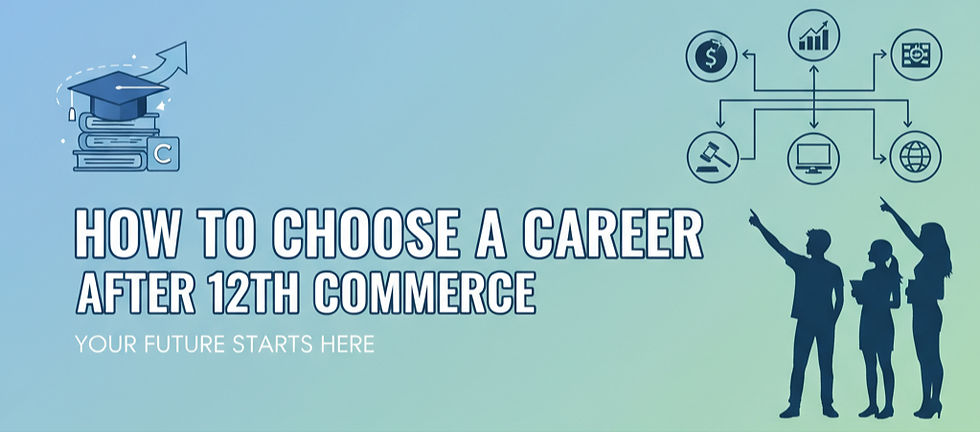How Education Fairs Can Shape Your Higher Education Goals?
- Dipak Sinha Roy
- Feb 14
- 3 min read
In the fast-moving world today, selecting the most appropriate learning program is daunting. With the numerous universities, programs and professional programs available, students struggle to make decisions about their future. A Education fairs come in to help. When you visit an education fair, you get direct contact with the institution representatives and it is easy to get information, ask questions and ask queries from one location. If you are serious about outlining your higher education goals, education fair registration should be at the top of your agenda.

Education Event
The Power of Education Fairs
Education fairs are an under-one-roof platform for students looking to explore different universities, courses, and career opportunities. The fair offers a platform for university and college officials from different regions of the world, offering students a chance to acquire information on education courses, scholarships, admission and other relevant information. As a high school student interested in enrolling for undergraduate studies or as a working professional interested in pursuing further studies, an education fair will provide you with essential information in the sense of making the correct choice.
Investigating a Large Number of Options
One of the best things about education fairs is that you get to research a dozen schools simultaneously. Instead of wasting weeks scouring the internet for information about universities, an education fair enables you to obtain information from representatives themselves, pose certain questions and get answers in person. You can sift through courses, admissions and tuition so that you can make a wise choice for further studies.
Personalized Guidance and Expert Advice
Fairs are not brochure collecting—there's an opportunity to speak with experts who will provide you with personalised guidance. Admission personnel, career advisers, and even alumni come to fairs, happy to answer your questions and offer personalized guidance. Personalised communication can allow you to decide which schools best suit your career aspirations and academic potential.
Learning Admission Procedures and Scholarships
Most students are intimidated to try out the admission process, especially in the process of applying to study at international universities. Education fairs demystify the process by subjecting students to direct interaction with university representatives who can walk them through step-by-step processes, documents required and deadlines. Additionally, students get to discover more about available scholarships, grants and available financing options that could potentially impact their ability to pursue higher education or not.
Networking and Creating Connections
Another advantage of visiting an education fair is that it provides an excellent networking experience. You get a chance to network with university authorities, professionals in the industry and even other students who are interested in the same. It can prove to be extremely useful in the long run, either for advice, recommendations or getting information about the latest developments in the field of academia.
Getting experience of Workshops and Seminars
These events organise workshops and seminars on topics such as career planning, overseas study, test preparation and student life. These seminars are conducted by specialists who provide knowledge of the latest trends in education and career planning. Maybe participating in these seminars will provide you with a different perspective and allow you to make more informed decisions about your future.
How to Make the Most of an Education Fair
To derive the most out of your experience at an education fair, preparation is the key. The following are some guidelines on how to get the most out of it:
Pre-register: Pre-registration is typically available at most fairs and it also grants you entry to special sessions and details about the participating universities.
Research in Advance: Have a list of colleges and programs you wish to pursue so that you can focus on communicating with representatives.
Plan Questions: Query admission criteria, program details, campus experience, financial aid and career prospects.
Bring Documents if Required: Some colleges offer on-the-spot analysis, so it could be a good idea to bring your transcripts, resume and test scores.
Note and Research: Brochures, business cards and discussion notes will be useful when deciding later.
Follow-up: If indeed you do encounter a university that might be fit for your agenda, follow through with an e-mail or more research to keep things in motion.
Wrapping Up
Education fairs have a critical function in forging higher education aspirations using direct exposure to information, personal guidance and interactive networking opportunities. Whether one is seeking an undergraduate, postgraduate or professional development degree, attending an education fair may be the clarity and confidence booster to propel you towards the next level of education. If it is not yet planned, take the initiative now by registering yourself for the education fair and start making things happen.



Comments